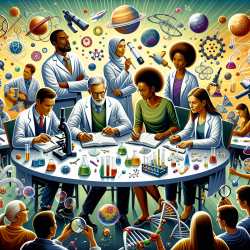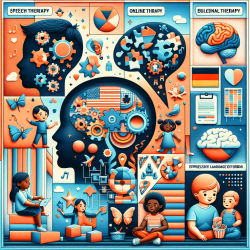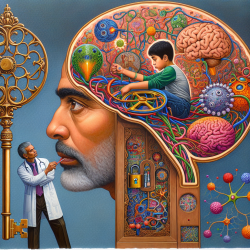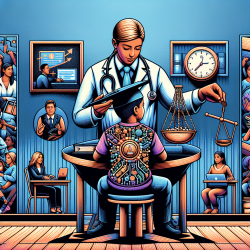Introduction
In the realm of science education, understanding the balance between the tentative and durable nature of scientific knowledge is crucial. A recent study titled Do We Have a Trust Problem? Exploring Undergraduate Student Views on the Tentativeness and Trustworthiness of Science sheds light on this complex relationship. This research highlights the need for educators to focus on how scientific knowledge is both reliable and subject to change. As practitioners, it is essential to integrate these findings into teaching strategies to improve students' trust in science.
Understanding the Tentative Nature of Science
The study reveals that students generally accept the tentative nature of science, recognizing that scientific knowledge can evolve with new evidence. This understanding is vital as it encourages critical thinking and adaptability. However, it also poses a challenge: students may equate tentativeness with unreliability, undermining their trust in science.
Implications for Science Educators
To address this issue, educators should emphasize the relationship between evidence and the durability of scientific knowledge. Here are some strategies to consider:
- Highlight the Evidence: Regularly discuss the evidence supporting scientific theories and how it contributes to their reliability.
- Use Historical Examples: Illustrate how scientific understanding has evolved over time, showing both its tentative and durable aspects.
- Encourage Critical Analysis: Foster an environment where students feel comfortable questioning and analyzing scientific claims.
Building Trust in Science
Trust in science is not just about understanding its nature but also about how it is communicated. Educators should focus on the following:
- Clear Communication: Use language that accurately conveys the reliability of scientific knowledge without overstating certainty.
- Engage with Controversial Topics: Address controversial scientific topics directly, providing evidence and discussing differing viewpoints.
- Relate to Real-World Applications: Show how scientific knowledge is applied in real-world scenarios, reinforcing its trustworthiness.
Encouraging Further Research
While the study provides valuable insights, it also highlights the need for further research. Educators and researchers should explore how different demographics interpret the nature of science and its implications for public policy. Additionally, investigating the impact of various terminologies on public understanding can lead to more effective science communication.
Conclusion
As educators, it is our responsibility to bridge the gap between the tentative and durable nature of science, fostering a more nuanced understanding among students. By implementing these strategies, we can build a foundation of trust in scientific knowledge, preparing students to engage with science critically and confidently.
To read the original research paper, please follow this link: Do We Have a Trust Problem? Exploring Undergraduate Student Views on the Tentativeness and Trustworthiness of Science.










